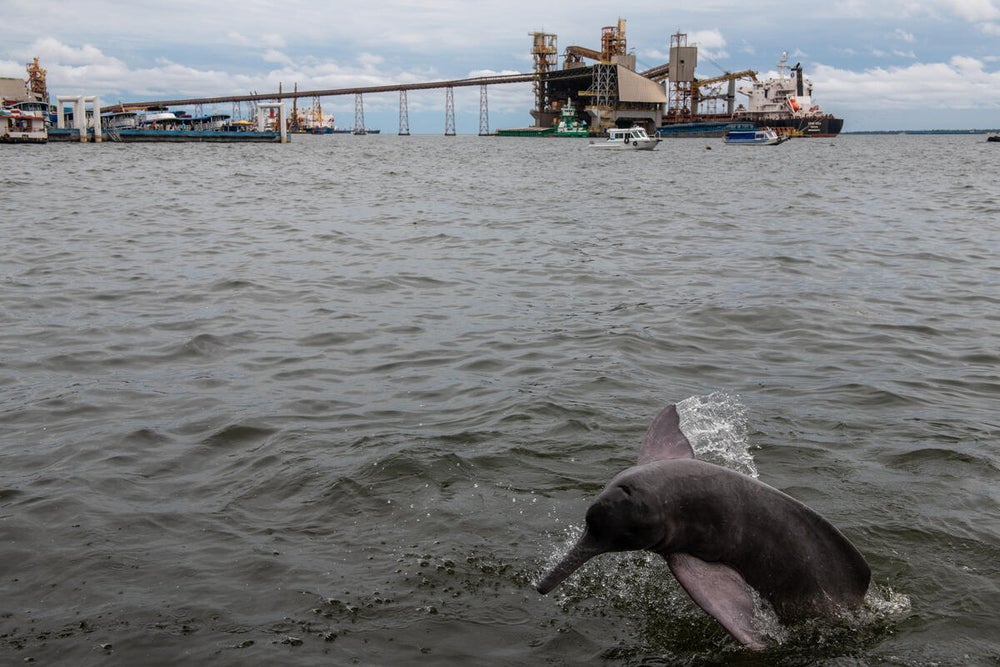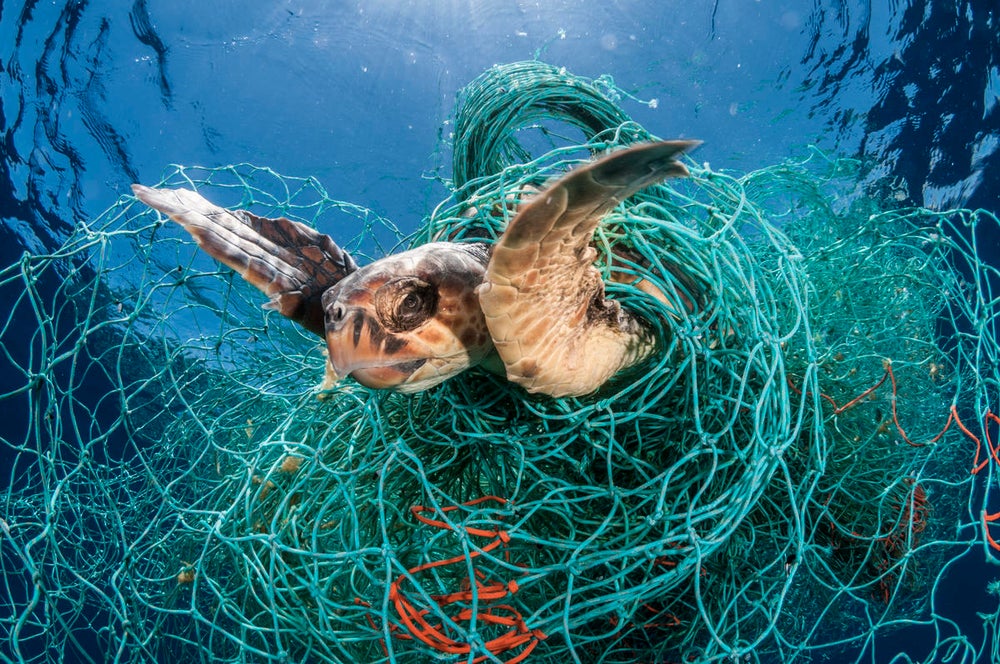‘If nature can’t survive then neither can we’: Global wildlife populations plunge 70% since 1970
WWF says government needs to meet its commitment to protecting 30% of land for nature by 2030
Your support helps us to tell the story
From reproductive rights to climate change to Big Tech, The Independent is on the ground when the story is developing. Whether it's investigating the financials of Elon Musk's pro-Trump PAC or producing our latest documentary, 'The A Word', which shines a light on the American women fighting for reproductive rights, we know how important it is to parse out the facts from the messaging.
At such a critical moment in US history, we need reporters on the ground. Your donation allows us to keep sending journalists to speak to both sides of the story.
The Independent is trusted by Americans across the entire political spectrum. And unlike many other quality news outlets, we choose not to lock Americans out of our reporting and analysis with paywalls. We believe quality journalism should be available to everyone, paid for by those who can afford it.
Your support makes all the difference.Global wildlife populations have plummeted by nearly 70 per cent in less than 50 years, a landmark report has found.
They include a 65 per cent reduction in pink river dolphins in the Amazon and a 71 per cent decline in populations of sharks and rays.
The fall has prompted the head of the WWF in Britain to call on the government to set out its plans to restore nature.
“The warnings in this report are stark,” Tanya Steele, the UK chief executive of the WWF, told The Independent. “If wildlife and nature can’t survive then neither can we.”
The UK government needs to set out plans to meet its commitment to protecting 30 per cent of land for nature by 2030 and for a scheme that aims to pay farmers for enhancing nature, she said.
Instead, Liz Truss’s government has sparked concern that environmental regulations will be rolled back and there has been no detail on food, farming and nature targets, said Ms Steele. The Environment Act requires the government to lay nature targets before parliament by the end of this month.
This matters for nature recovery in the UK, but also on a global level as Britain will be attending the Cop15 biodiversity summit in Canada in December, where it needs to ensure other leaders are willing to step up to avert this catastrophe, she added.
“We can’t arrive there empty-handed, otherwise we will have absolutely no credibility,” she said, calling on Ms Truss to attend in person with a package of policies that ensures other world leaders are willing to follow suit. No 10 said it would share the prime minister’s travel plans closer to the time.
The WWF’s new report is its most comprehensive in 24 years. It monitored wildlife populations around the world between 1970 and 2018 and found that without halting and then reversing the loss of the natural world, the climate fight will be lost.
The human equivalent of the decline of wildlife around the world by 69 per cent on average since 1970, would be the loss of all people in Europe, the Americas, Africa, Oceania and China.

The analysis is based on data from the Zoological Society of London’s (ZSL) Living Planet Index which looks at almost 32,000 populations of 5,230 species, and points to the consumption habits of wealthy countries and humans’ reliance on fossil fuels as disproportionally driving nature loss.
“The window is narrowing,” said Ms Steele, who said governments need to lay down policies and guidelines so that businesses and society cannot only adjust but capitalise on the changes.
“We can’t kick the can down the road,” she added. “If we want to avert this crisis of climate and nature, we need to act now.”
WWF said it was particularly concerned about data from tropical regions, including the Caribbean and Latin America – home to the Amazon and one of the most biodiverse regions on Earth, where average wildlife population sizes have plummeted by 94 per cent since 1970.
Among the most heavily impacted species is the Amazon pink river dolphin, which saw its population in one part of Brazil decline by 65 per cent between 1994 and 2016. On average, populations of oceanic sharks and rays have decreased by 71 per cent since 1970, and in South and Western Australia, there was a two-thirds reduction of sea lion pups between 1977 and 2019. Every year the world loses the same amount of forest that could cover Portugal.

But nature is in decline closer to home too, with the UK among the most nature-depleted countries on Earth.
Ms Steele said the UK should worry about nature on its doorstep and be aware of its environmental footprint around the world through our trade deals and the goods we import.
“We cannot have the UK government complicit in the destruction of nature here in the UK or globally,” she said.
The Independent has contacted the government for comment.
The government has in the past said claims it intends to go back on its commitment to the environment are “simply not right” and that a strong environment and strong economy go hand-in-hand.



Join our commenting forum
Join thought-provoking conversations, follow other Independent readers and see their replies
Comments